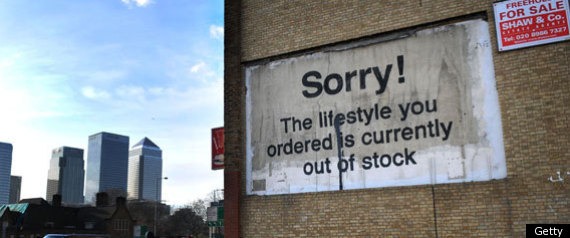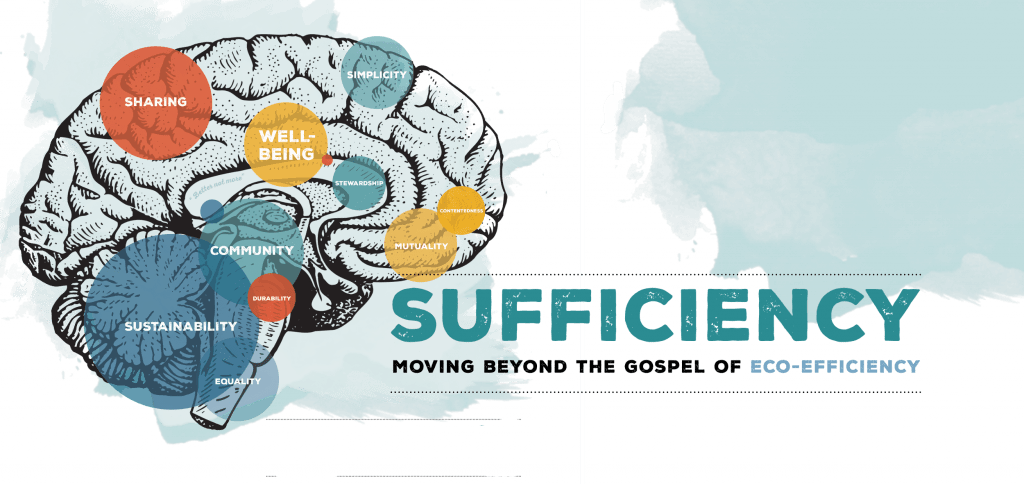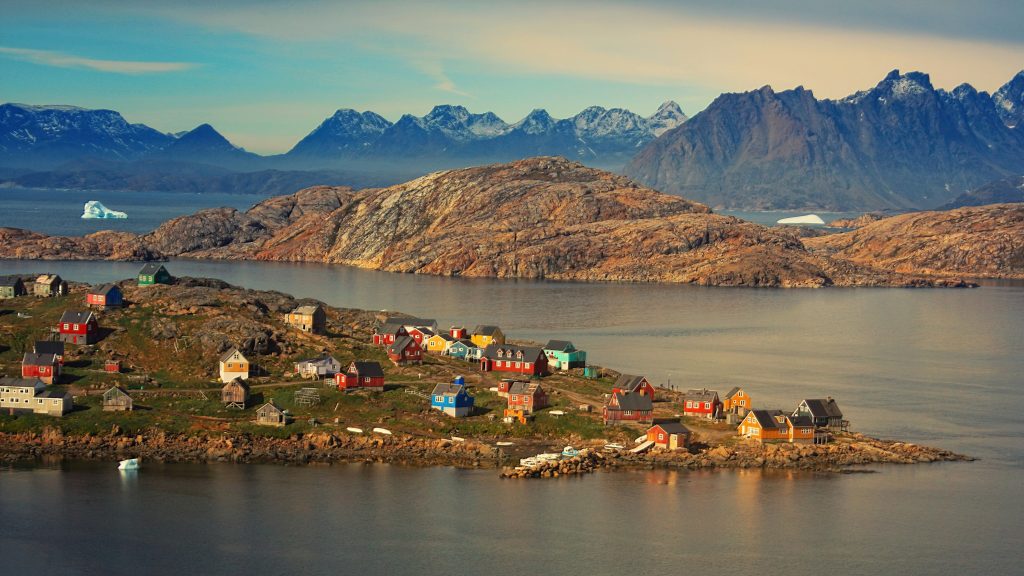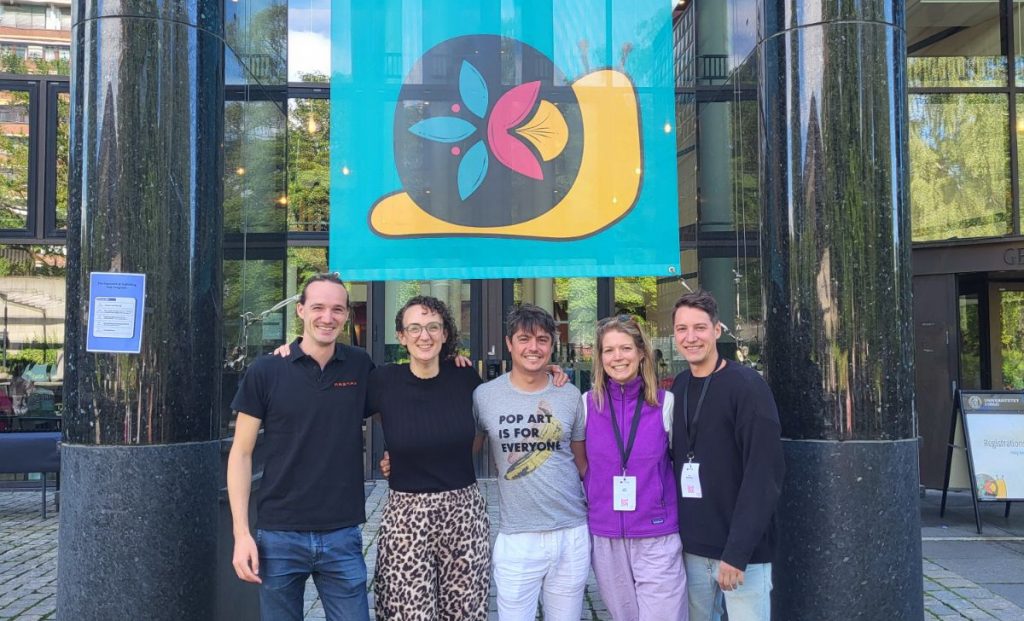Our current level of overconsumption is plundering the Earth’s resources at a faster rate than they can be regenerated. This cannot last forever – and we are beginning to see the impacts of the system breaking down. Not only at the environmental level, but also at the social one. The number of murdered environmental defenders is increasing by the year, as the overexploitation of natural resources threatens local communities, especially in the global South.
The conference “Eco-sufficiency: moving beyond the gospel of eco-efficiency” organised by Friends of the Earth Europe gathered EU policy makers, academics, and grassroots activists to discuss how to transition the EU away from a consumption-driven economy.
This conference marked an important point of departure from the mainstream approach of eco-efficiency as a solution to tackle environmental challenges. In fact, eco-efficiency does not radically challenge the ideology of infinite economic growth. It can just promote a reformed vision of it by using fewer resources and less energy in the production process.
Notably, there was wide consensus at the conference that efficiency can cause a rebound effect. This means that improvements in the efficient use of natural resources and energy in the production process can actually backfire and increase the total amount used over time in absolute terms. In fact, as the ecological economist Blake Alcott eloquently explained, efficiency gains drive down production costs, thus making it cheaper to produce more consumer goods. The money we save from resource and energy efficiency is thus spent on producing other goods and services, so the overall use of production inputs can actually rise. Efficiency is not the silver bullet to solve the ecological crisis, but rather it is part of the package of tools we need to work with towards an absolute reduction of energy use and phase-out of fossil fuels. Once eco-sufficiency is accepted as a necessary pre-requisite for sustainability, efficiency is then correctly seen as a tool, not for sustainability, but for affluence maximization within the planetary boundaries.
A solution endorsed by several speakers is to establish capping schemes for the use of energy and critical natural resources. By now we know that environmental caps and quotas are simple in concept and planning. They ensure effective, efficient, and fair solutions to many environmental issues. We just have to work on making them socially acceptable.
“Environmental caps are simple in concept and planning. They ensure effective, efficient, and fair solutions to many environmental issues. We just have to work on making them socially acceptable. ” Blake Alcott at our #EcoSufficiency conference
— Friends of the Earth (@foeeurope) November 20, 2017
One type of capping scheme, known as “Personal Carbon Trading”, was presented by Klára Hajdu of “CEEweb for Biodiversity”, a network of NGOs working in the Central and Eastern European region. They developed a scheme called “Energy Budget” which would deliver absolute reduction of energy use at the EU level, progressively reducing each year, guaranteeing every citizen access to the same fair share and involving all business and public entities. Energy consumption entitlements would be allocated among households and public and private organisations, covering high-carbon energy use. The total number of entitlements issued would equal the EU’s agreed energy budget, and decrease annually in line with the phase-out of fossil fuels. Consumers could then trade the permits according to their energy needs.
Other ideas discussed included sustainable consumption and industrial strategies in a post-growth economy. André Reichel, professor of Critical Management & Sustainable Development at Karlshochschule International University, argued that pursuing the transition towards an eco-sufficient economy by placing all responsibility for lifestyle change on the consumers might prove to be a weak strategy. In fact businesses must be nudged towards adopting eco-sufficiency strategies through regulations and reformed green taxation. Consumption patterns, in turn, must be challenged according to Sylvia Lorek, chair of the Sustainable Europe Research Institute. She made the case that eco-sufficiency implies that we have to limit what is produced and consumed in absolute terms and learn to ‘live well on less’. But being satisfied is an important component here, highlighting that no loss of quality of life is implied.
A strategy for achieving a better quality of life and slowing down our economy is work-sharing. Anna Coote, principal fellow of the New Economics Foundation, presented research demonstrating that reducing per capita hours would make it easier to spread a smaller amount of paid work. This would be a win-win solution, as reducing hours in paid work would release time for living more sustainably. In fact, a great deal of resource-intensive consumption is triggered by our “busy-ness”.
Beyond the need of reinventing our economic system for sustainability and quality of life, it is vital we do so in order to ensure environmental and economic justice in the world. Most of the materials we use come from the global South. Although many people see it as a good trading opportunity for those countries, most of the time it has negative effects on local ecosystems and communities. Manu Mathai, professor at Azim Premji University in Bangalore, emphasized that the theory of ‘environmentalism of the poor’ contests values offered by the development orthodoxy and, instead, it valorises livelihood security by prioritising the resilience of socio-ecological systems.
#Ecosufficiency perspectives from the Global South via Prof M. Mathai – India & others have short window to prevent locking in overconsumption as economies develop pic.twitter.com/sXoVHLFMfI
— Friends of the Earth (@foeeurope) November 20, 2017
Eco-sufficiency presents us with the question: how much is enough? This is a difficult question to answer, given that capitalism as an economic arrangement has no notion of ends. But the living planet gives us clear limits. We must build a new economy within the planetary boundaries that mark a safe-operating space for humanity. Between the extremes of ecological overshoot and material poverty lays eco-sufficiency, which is about using enough resources for achieving human flourishing without compromising ecosystem stability and the ability of future generations to meet their own needs.








